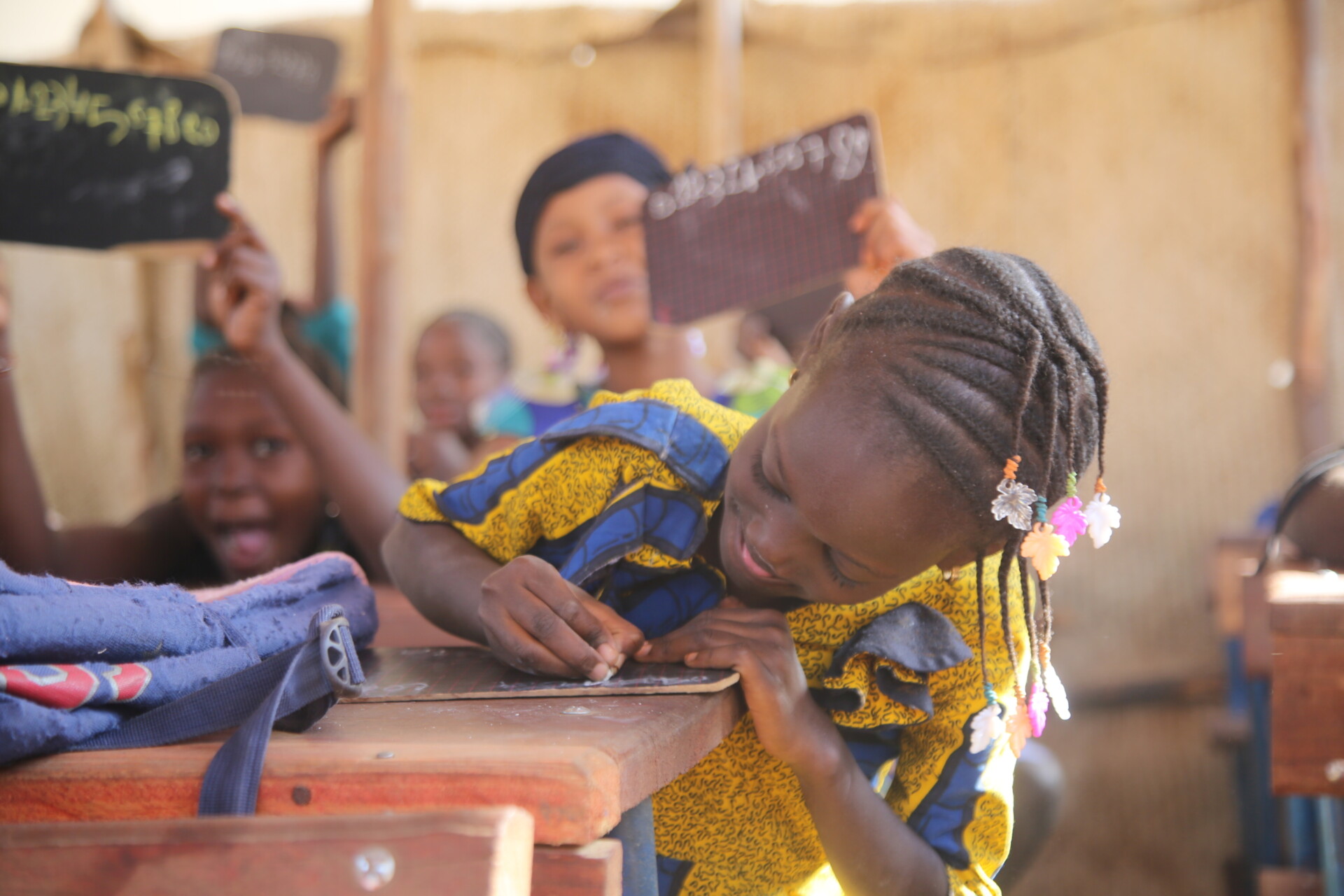
Testimonial
Let our children go to school: the right to education tested by security crises
November 20 marks the celebration of World Children’s Day. Beyond the events and activities held to raise awareness about children’s rights, this day is also a moment to draw the attention of public authorities and the international community to the security challenges that prevent many children—particularly in conflict or post-conflict countries—from accessing school. Children’s development and the fulfilment of their potential require a safe and peaceful environment.
Article written by Koffi Serge Zohou, on a volunteer mandate for the FIERES project.
Few missions are more essential than protecting children’s rights and supporting their future. The world remembers the shock triggered by the abduction of 276 schoolgirls in April 2014 in Chibok, Nigeria, by Boko Haram. The extraordinary global mobilization that followed—bringing together women from all walks of life, from political leaders and artists to journalists and first ladies—gave rise to the “Bring Back Our Girls” movement, showing how collective action can help build a more peaceful future for children.
As in Nigeria, similar situations occur today in other African countries and around the world, often in relative media silence. In Mali, for example, thousands of children have seen their schools close in recent weeks due to deteriorating security conditions. Threats from armed groups and large-scale population displacement severely hinder the work of child protection organizations in conflict-affected areas.
From Mopti to Timbuktu, through Ségou, the FIERES – Girls and Resilient Education project has achieved encouraging results since 2022, restoring hope among families displaced by violence and helping children—especially girls—return to school. Today, however, the project faces major security challenges: the advance of armed groups in certain zones has forced the closure of schools and learning centres.
Given the current situation, national commitments alone are no longer sufficient to ensure the real and lasting protection of children’s right to education. It is time for the international community—supported by civil society and influential voices—to intensify its pressure on governments and conflict actors so that declarations of intent translate into concrete action.
On this World Children’s Day, a collective call must be made to ensure that the FIERES project in Mali—and many other initiatives worldwide—do not become unfinished symphonies. A global social mobilization, similar to the movement that emerged after the Chibok tragedy in 2014, could serve as a powerful lever to prevent the right to education from becoming an afterthought.
More than ever, the movement “Let our children go to school” must take shape now—not tomorrow. Tomorrow will already be too late.
Learn more about the FIERES project
The FIERES project is implemented through a consortium between the Paul Gérin-Lajoie Foundation and CECI, made possible thanks to local partners in Mali and funding from the Government of Canada through Global Affairs Canada.
